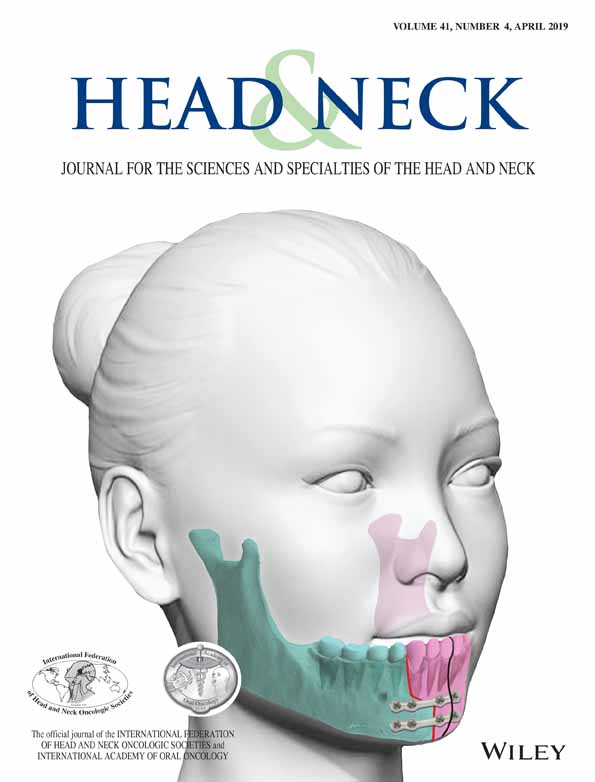Protocol driven outcomes in renal parathyroid surgery
Abstract
Background
Patients who require surgery for renal hyperparathyroidism represent a special population that is at high risk for postoperative complications. To optimize their treatment, we developed a multidisciplinary approach to the perioperative management of these patients undergoing parathyroidectomy.
Methods
The Augusta University endocrine surgery parathyroid database was interrogated to identify dialysis-dependent patients undergoing parathyroidectomy from 2005 to 2015. Numerous clinical parameters were quantified. Patients were stratified into protocol patients and nonprotocol patients.
Results
A total of 42 patients undergoing renal parathyroidectomy who met the inclusion criteria were identified. Serious adverse events were nearly twice as common in the patients not treated on protocol. The length of stay was nearly 2 days shorter in the protocol group. Lowest calcium level and ionized calcium was higher in the protocol cohort despite a lower postoperative parathyroid hormone. The protocol group had fewer laboratory draws.
Conclusion
Implementation of a multidisciplinary renal hyperparathyroidism protocol has resulted in improved perioperative outcomes.




